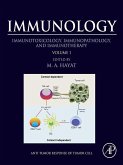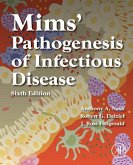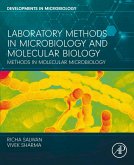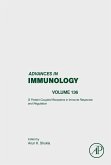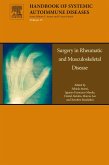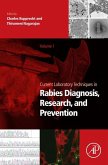Laboratory Practices in Microbiology provides updated insights on methods of isolation and cultivation, morphology of microorganisms, the determination of biochemical activities of microorganisms, and physical and chemical effects on microorganisms. Sections cover methods of preparation of media and their sterilization, microorganisms in environment, aseptic techniques, pure culture techniques, preservation of cultures, morphological characteristics of microorganisms, wet-mount and hanging-drop techniques, different staining techniques, cultural and biochemical characteristics of bacteria, antimicrobial effects of agents on microorganisms, hand scrubbing in the removal of microorganisms, characteristics of fungi, uses of bacteriophages in different applications, and more.
Applications are designed to be common, complete with equipment, minimal expense and quick to the markets. Images are added to applications, helping readers better follow the expressions and make them more understandable. This is an essential book for students and researchers in microbiology, the health sciences, food engineering and technology, and medicine, as well as anyone working in a laboratory setting with microorganisms.
Applications are designed to be common, complete with equipment, minimal expense and quick to the markets. Images are added to applications, helping readers better follow the expressions and make them more understandable. This is an essential book for students and researchers in microbiology, the health sciences, food engineering and technology, and medicine, as well as anyone working in a laboratory setting with microorganisms.
- Gives complete explanations for all steps in experiments, thus helping readers easily understand experimental procedures
- Includes certain subjects that tend to be disregarded in other microbiology laboratory books, including microorganisms in the environment, pure culture methods, wet-mount and hanging drop methods, biochemical characteristics of microorganisms, osmotic pressure effects on microorganisms, antiseptic and disinfectants effects on microorganisms, and more
- Provides groupings and characterizations of microorganisms
- Functions as a representative reference book for the field of microbiology in the laboratory
Dieser Download kann aus rechtlichen Gründen nur mit Rechnungsadresse in A, B, BG, CY, CZ, D, DK, EW, E, FIN, F, GR, HR, H, IRL, I, LT, L, LR, M, NL, PL, P, R, S, SLO, SK ausgeliefert werden.



